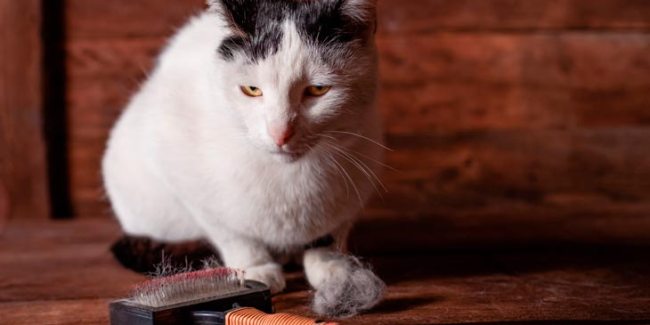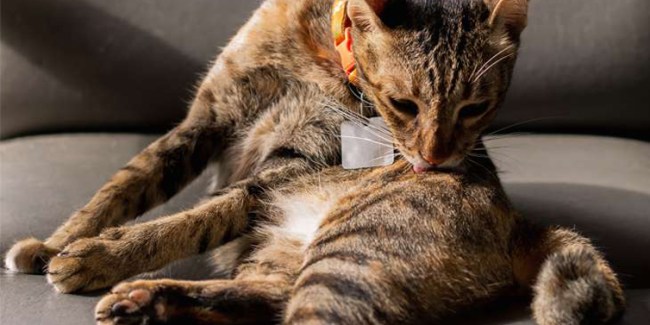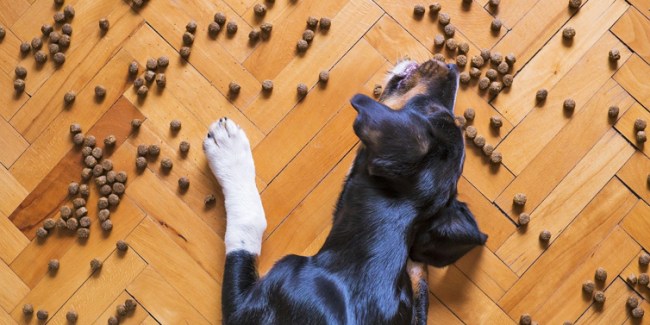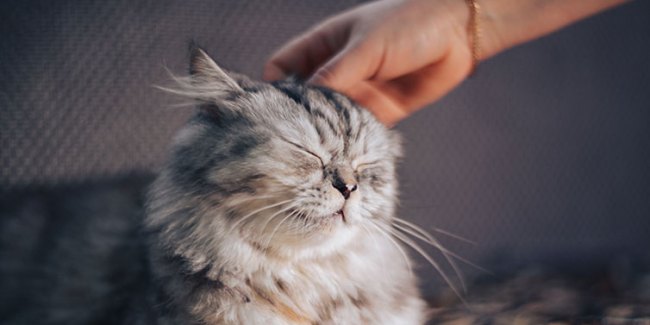Indoor Cats: Is your home safe for them?
When you have a cat in your home there are certain things that you will obviously need: nutritious food, a litter box, cat toys (for mental stimulation) and, of course, easy access to a vet. But remember that your furry friend has inherited instincts from wild cats, which are to stalk prey, hunt, eat their kill and climb.
Given these instincts, your daredevil cat could run into dangerous places in your home, which you should ensure is as safe as possible.
Have a look at the following areas in your home to ensure that your feline companion is as safe as possible
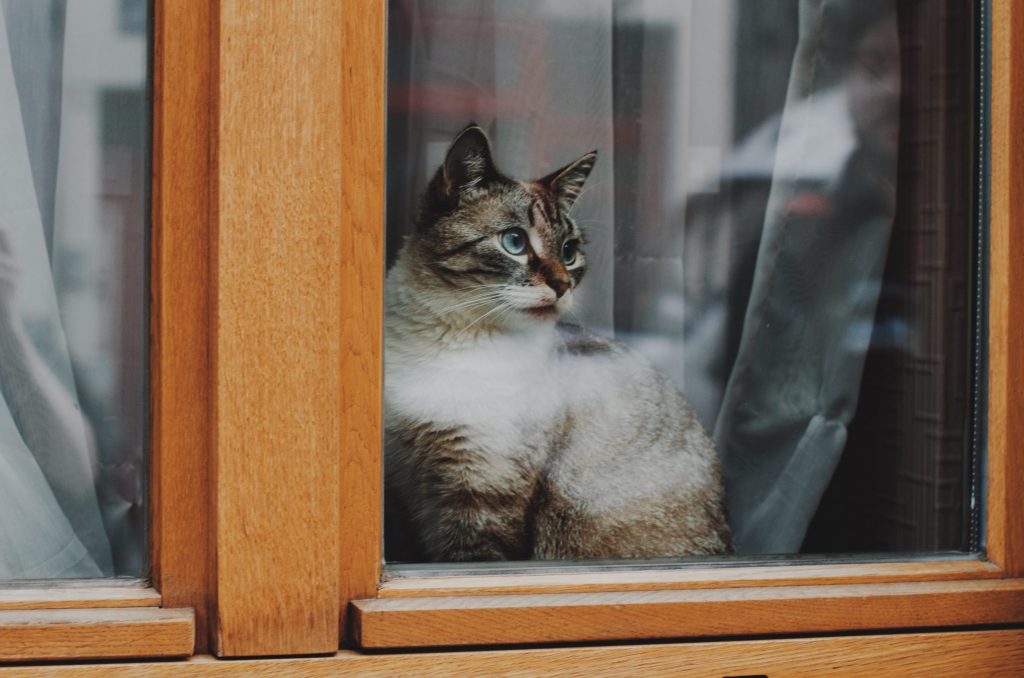
Doors, balconies and windows
Most cats enjoy looking out of a window at the world outside, but if a window is even slightly open, your friend could wriggle out. Even worse, he/she could get injured trying to get through the gap. Veterinarians refer to the resultant injuries as “window trauma”. The hind limbs are often injured, and can lead to paralysis.
If a window on a high floor is open, kitty could fall out and be seriously injured, including suffering head trauma. Balconies, often a favourite place for cats, are also a potential problem – even the most agile cats can fall.
There is a similar problem with doors – they present an easy way to get out if open and if slightly open, they can slam shut, possibly injuring your kitty.
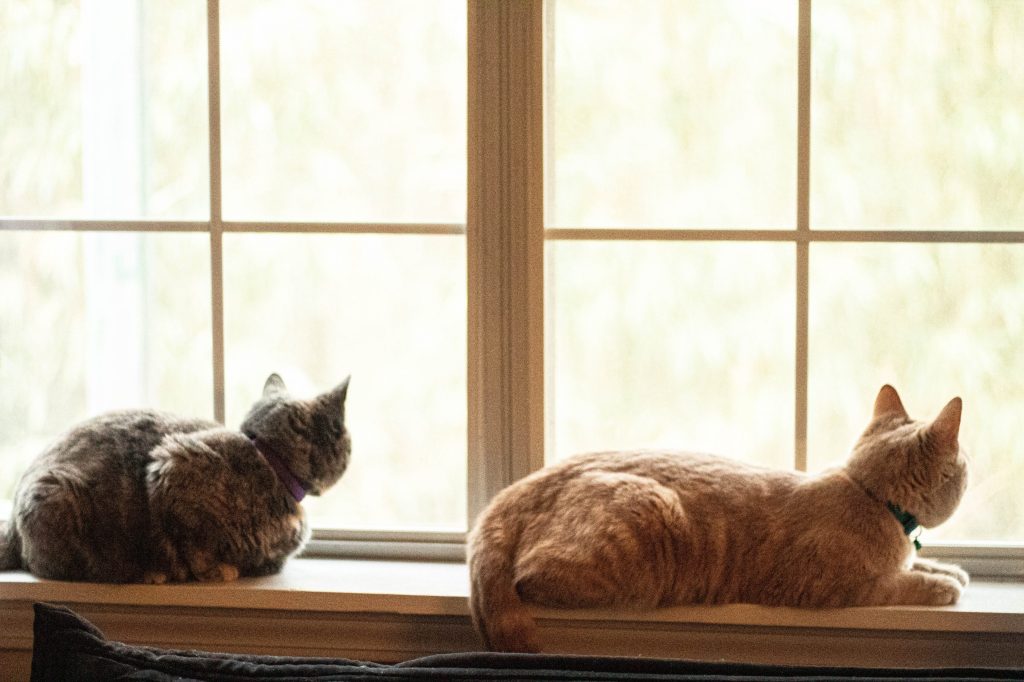
Bathrooms
Obviously, you want to avoid your cat eating medications or pills. Even ibuprofen, paracetamol and acetaminophen can kill a kitten. Be careful not to leave razors or drain cleaners accessible – they are very dangerous – and keep toilet seats down, as some kitties are attracted to water.
The Laundry Area
Washing-machine tablets can look like toys or treats to cats, but they contain potentially poisonous substances which, if eaten, could be lethal. All cleaning products should be put away where they are not accessible to your cat. Another problem is that cats are attracted to open washing machines and spin dryer doors. It’s the perfect place for a cat-nap! But the dangers are obvious, so check that all doors of laundry equipment are closed.
The Kitchen
Again, there are some dangerous cleaning products in kitchens – ensure that they are in closed cupboards. Also make sure that your cat cannot get into garbage bins. Scraps of certain foods, like onions or chocolate, may poison your kitty and plastic wrap may cause him/her to choke.
Try to train your little friend not to walk across counter-tops or the stove. There is the possibility of getting burnt or scalded and there may be dangerous items, like sharp knives, left on the counter-tops. How do you stop kitty from doing this? You will need to find creative deterrents. Cats do not like sticky surfaces, so one suggestion is to put placemats with double-sided tape covering them, on your counter-tops when you’ve finished cooking. Hopefully, eventually, kitty may get the message.
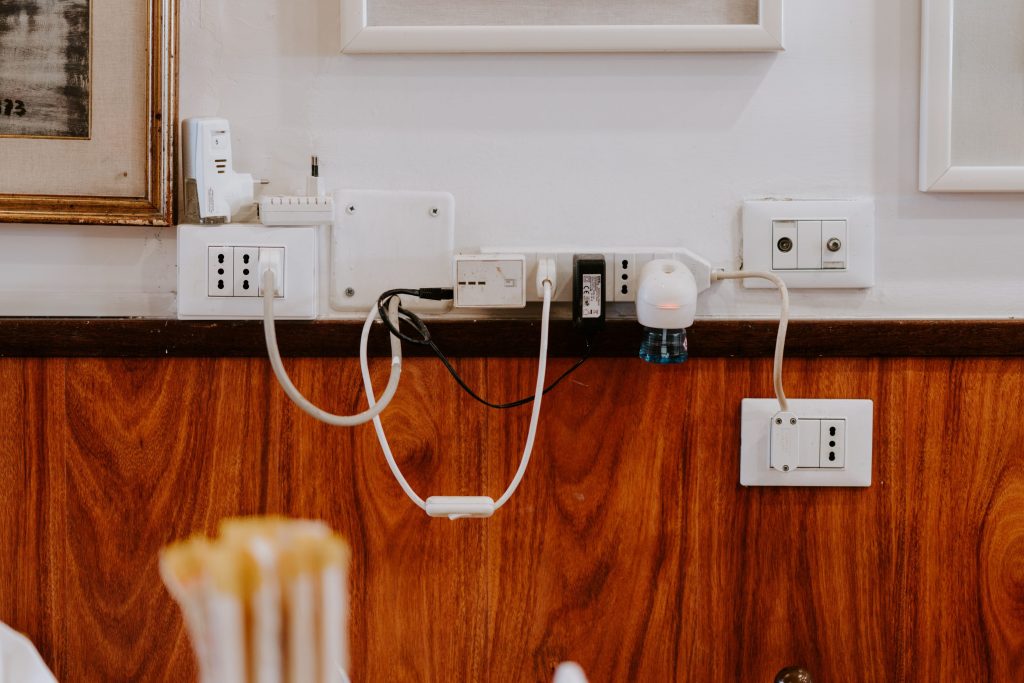
Also, check the following:
Hanging blind cords
There is a risk of strangulation if your cat gets tangled up in hanging cords. They are attractive to cats and an opportunity for climbing, but they can be dangerous. Tie them up and check that there are no other hanging items in your home, like strings and tablecloths.
Electrical outlets
If your cat finds a loose wire to chew, he/she may receive a shock. If kitty pulls the cables of electrical appliances, like lamps, they may fall and the cat may be injured. You could attach cables to the floor or wall.
Small items
There are all sorts of bits-and-pieces in most homes, which cats can be attracted to, like needles, nails, rubber bands, batteries, and so on. Your cat may be injured or may choke if he/she finds these and plays with or ingests them.
Furniture
Kitty might decide to climb on an item of furniture which is not stable and secure, e.g. a bookcase, and may be injured if it topples over.
Plants and flowers
There are many plants and flowers, often found in the home, that are toxic to cats. The SPCA may have a list of these, or consult Google.
How do I change my cat’s behaviour?
Many behaviours, which you may want to change, are natural and innate for your cat. It is pointless to punish him/her for these behaviours, like scratching on the furniture. At the same time, you want your cat to be safe in your home. Many people resort to spraying their ‘naughty’ cats with water or shaking cans filled with coins, when kitty is just doing what his nature tells him/her to do, like jumping and climbing on furniture.
Punishment will not deter kitty from performing the undesirable behaviour. All it will do is to make your cat afraid of you and spoil your relationship with your cat. Keeping your furry friend safe, happy and mentally stimulated and the use of creative deterrents, like toys and scratching posts, are effective ways of ensuring peace in the home.

Subscribe to our Newsletter
Get to know your furry friend better! Sign up for all things dog- or cat-related.
The Hairy Facts about the dreaded hairball
12 April 2021
Help! My dog’s barking mad! Volume 2
12 April 2021
Your Itchy, Scratchy Cat – All About Cat Skin Problems
12 April 2021
The Dog’s Diet: A Bone of contention?
01 April 2021
Mango Fly Worms: How to Spot and Eliminate them
Posted on November 28,2019
Managing Mange And Mites In Your Dog
Posted on June 11,2018
Why Do Cats Purr and How? Learn What Your Cat Is Saying
Posted on October 14,2020
How to Get Rid of Ear Mites in Dogs
Posted on November 06,2019


